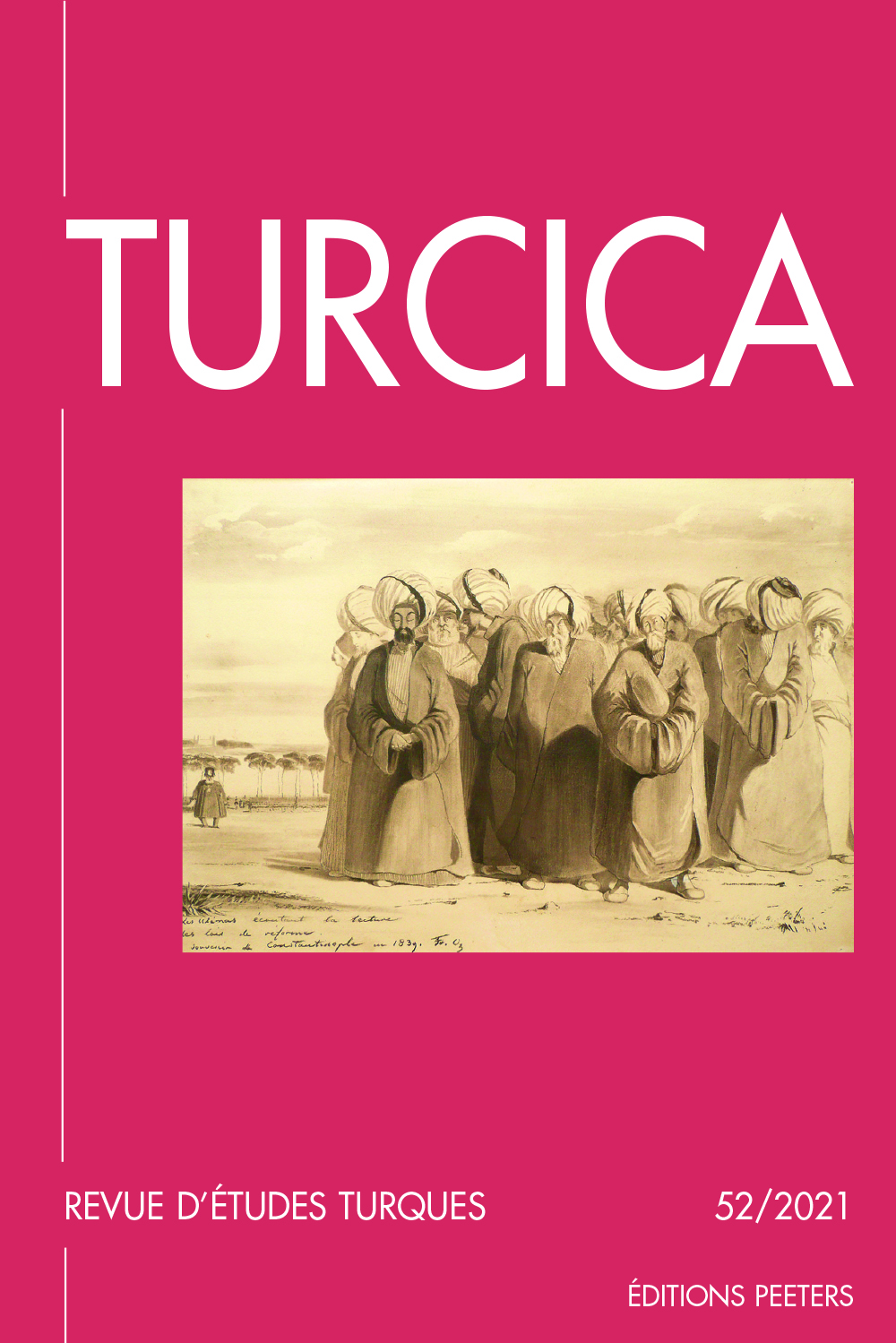 previous article in this issue previous article in this issue | next article in this issue  |

Preview first page |
Document Details : Title: The Rise and Fall of the Jewish Consuls in Aleppo Author(s): HAREL, Yaron Journal: Turcica Volume: 38 Date: 2006 Pages: 233-250 DOI: 10.2143/TURC.38.0.2021275 Abstract : From 1840 to 1880 the Jewish consuls in Aleppo, all members of the Picciotto family, served in the following consular positions as representatives of Russia and Prussia; Austro-Hungary and Tuscany; Holland, Belgium; Persia; Denmark; Sweden; the United States; and Norway. Writers, poets, and travelers idealized the status and activity of the Jewish consuls in Aleppo in the 19th century, prominently featuring the Picciotto family. Captivated by their aura, the chroniclers of Aleppine Jewish history failed to ascertain their status either in the eyes of the population-at-large or in those of the Aleppine consular corps. With a more evenhanded examination, this paper casts an entirely different, largely negative, light on the Picciotto consuls, from the early 1850’s in particular which saw the beginning of implementation of Ottoman reforms in Aleppo. Stocking this negative image were both the Picciotto’s low consular rank and their behavior, viewed by the surrounding non-Jewish population as narrow, self-serving, and corrupt. De 1840 à 1880, des consuls juifs, tous membres de la famille Picciotto, ont servi à Alep, en tant que représentant les pays suivants: Russie et Prusse; Autriche-Hongrie et Toscane; Hollande, Belgique; Perse; Danemark; Suède; Etats-Unis; Norvège. Écrivains, poètes et voyageurs ont idéalisé le statut et l’activité des consuls juifs à Alep au XIXe siècle, la famille Picciotto étant particulièrement bien en vue. Captivés par leur aura, les chroniqueurs de l’histoire juive alépine n’ont pas réussi à déterminer leur statut exact, tant aux yeux d’une grande partie de la population que du corps consulaire d’Alep. L’examen plus équitable, auquel est consacré cet article, jette une lumière complètement différente, largement négative, sur les Picciotto, en particulier au début des années 1850, qui voient le début de la mise en oeuvre des réformes ottomanes à Alep. Alimentent cette image négative, à la fois le rang peu élevé de consul des Picciotto et leur comportement, vu par la population non juive environnante comme limité, intéressé et corrompu. |
 |


